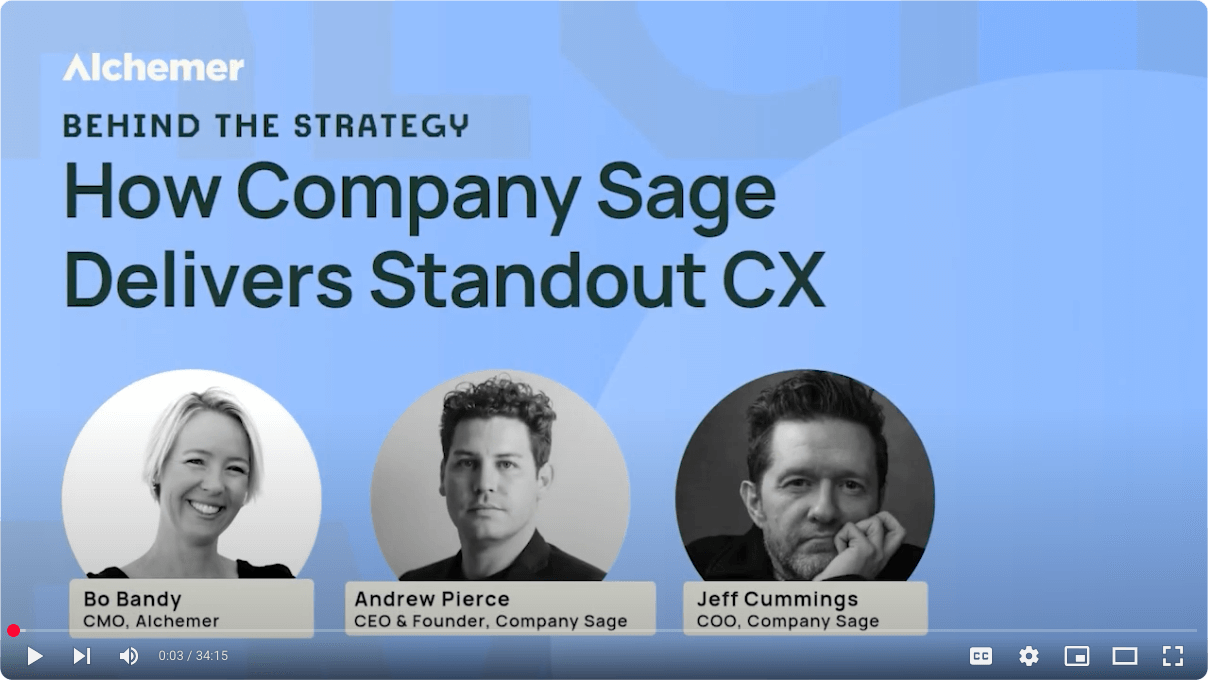Marketers hold great value within an organization. However, their skill in promoting a business, product, or service does not equate to universal knowledge. As such, many marketers commit time to external exploratory research in order to make educated decisions.
So, when is marketing research useful? Take, for example, a marketing department that primarily relies on one particular strategy. While preparing a competitive analysis to assess industry efficiencies, a team member might discover a technique that has proven successful for several competitors. This finding could provide valuable insights for the team. However, these methods are either new or under-researched, leading to a void in appropriate knowledge. To move forward, you need to independently evaluate to allocate resources effectively and determine the best course of action.
What Is Exploratory Research?
As the name implies, exploratory research is an approach to market investigation. It seeks to answer questions about a previously unknown subject through independent exploration. Unlike defined research projects, exploratory research lacks the parameters of formal inquiries. Instead, it gathers broad information that can be used in more specific case studies.
In general, exploratory research does not lead to conclusive answers, but rather clarifies the scope and nature of a problem and proposes possible solutions. When conducting this type of research, a marketer must remain flexible. They need to be willing to change direction as new information becomes available, rather than sticking with one method throughout the process.
Exploratory research offers several advantages over alternatives. Often, the process saves time. Since results don’t need to be conclusive or fully developed, marketers can approach research with flexibility. This allows them to build a solid knowledge base for future assessments. Additionally, exploratory tactics provide key information without committing time and energy to a potentially needless formal research project.
Market Research Steps
Exploratory research is much more open-ended than many alternatives, but that does not mean marketers should dive in without a game plan. You don’t have to follow these steps rigidly; adjust them as needed. However, establishing a structured process can significantly improve your outcomes.
Define the Problem
All research problems generally start in the same place: identifying the issue at hand. You often know this information before starting the planning process. However, you may need to clarify the questions you want to address during your research. For example, if you seek information about a new marketing approach for your products, you need to determine what you want to learn. This might include aspects like implementation strategies, value, or long-term goals. Doing so will help you conduct research efficiently and effectively.
Choose a Method
Exploratory research, by nature, frequently involves talking with others who may have more information about what you would like to learn. Alternatively, you can use exploratory research to vet new ideas and concepts. By presenting them to an unbiased, unaware market, you can gauge neutral third-party perceptions. As such, surveys and questionnaires are often the most popular tools in this kind of approach to exploration. By soliciting opinions from both novices and experts, marketers can gather a range of information that they can then enhance.
Create Research Procedures
Procedures in exploratory research can take numerous forms. Depending on the timeline, budget, objectives, and topic, you might employ more than one approach. There is no right or wrong way to undertake research procedures. As long as you base your approach on an educated and well-reasoned plan, you can effectively achieve your objectives.
Options for research procedures vary, but can include:
- Focus groups
- Secondary research based on previous studies
- Expert surveys
- Open ended questions
Collect Data
After deciding how to employ research procedures, marketers must then move forward with collecting data. The methods you choose will determine how you conduct the research. You can compile focus groups with unrelated third-party individuals, such as volunteers from local companies or community organizations. Offer expert surveys to educational and professional organizations. Additionally, pose open-ended questions both online and in person to individuals who meet your study’s needs. Secondary research can vary greatly by topic, but often comes in the form of academic papers, case studies, and industry newsletters and publications.
Determine Results
Exploratory research may not lead to a formal conclusion, but that doesn’t mean results aren’t of value. Review feedback from focus groups, surveys, and previous research for accuracy, viability, and relevance. Incorporate this feedback into existing bodies of knowledge. For example, if focus groups assembled to evaluate a new marketing campaign all note a perceived flaw, you may need additional research or to revamp the campaign before proceeding. The interpretation of results often depends on the specific topic. However, when used and evaluated properly, these results can lead to departmental developments and new approaches to industry principles and ideas.
Next Steps for Better Exploratory Research
As in all studies, how you choose to proceed is ultimately up to you. Exploratory research is highly valuable for providing a preliminary understanding of a subject. It often does not draw specific conclusions but instead opens up new frontiers for business development and additional research. Some marketers will choose to make assumptions based on the information gathered. Others may proceed to a deeper exploration of the subject at hand.
Although exploratory research rarely stands alone in making business and marketing decisions, it plays an invaluable role in the evaluation process. It provides essential insights that inform subsequent decision-making. An exploratory study provides a solid base of knowledge that helps eliminate bias. It also builds a foundation for descriptive research. This initial step can lead to significant changes in what your organization is able to accomplish. After all, the more you know, the more you can grow.




